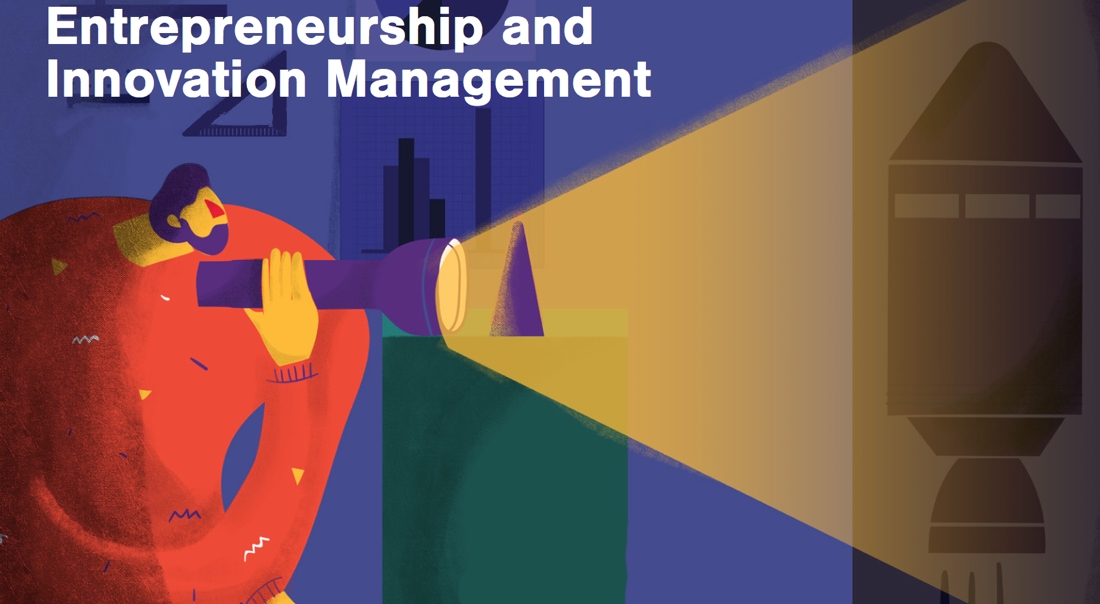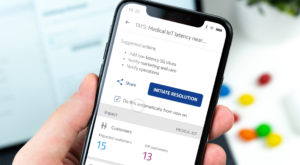Overview
There is a clear need for this because many of our students work fulltime and cannot attend daytime teaching. It therefore makes sense to develop high-quality online contents that are complemented with similarly high-quality – but limited in terms of the hours requirement – contact sessions that focus on interaction rather than lecturing.
We have already implemented such ‘flipped classroom’ principles in our previous Aalto Online Learning pilot on the Bachelor course on ‘Entrepreneurship and Innovation Management’. Based on the feedback received thus far, we want to extend this principle to the whole Master’s programme. This approach also alleviates constraints in terms of the number of students we can admit to courses, enabling us to offer all courses to anyone interested across all Aalto Schools (directly and via the Aalto Ventures Program).
While we have aspired to develop more online contents, the professors’ time is limited and we have not been able to implement our intentions fully. The intended goal state is one where delivery of information is mostly if not fully online. Thus, lectures will be replaced with high-quality online contents, such as the eLearning Game that we developed for our Bachelor’s course in our previous Aalto Online Learning pilot. This allows teachers to use the ‘flipped classroom’ principle to maximise the utility of classroom time. So student would spend less time in the classroom, but this time would be used effectively for interactive activities that enhance learning.
This would serve Master’s students by offering most if not even all contents (the interactive sessions can be voluntary) online, making learning largely independent of time and place. A full online mode suits some students, but we also want to offer classic business school experiences, such as case analysis in groups and teamwork on business ideas, for those for whose learning it suits better. This also enables teachers to focus on interacting with students, rather than giving lectures; leaving more time for example for providing feedback on student assignments. We believe this puts the teachers’ time for better use for achieving the desired learning outcomes.
Platforms and tools
We try to use MyCourses as much as possible to make it easy and convenient for the students – rather than have them learn new systems for each and every course. MyCourses is a fairly flexible tool for business studies purposes. Our general principle is that we will consider other platforms only if it is absolutely necessary to achieve the desired learning outcomes. Otherwise we’ll stick to MyCourses.
Pedagogical methods
Venture ideation and Venture formation have important in-class elements, where different exercises are used to improve business ideas and venture teams are mentored by faculty and by external experts, including financiers, entrepreneurs, etc.
In Venture Ideation, the online contents distributed to students so far are lecture slides including a mix of theoretical concepts and frameworks, description of and videos. A digital educational platform enabling showcasing of and investing in student venture ideas in a simulated crowdfunding platform environment has also been used as part of the course.
From academic year 2019-2020, Venture Ideation will shift towards a format of intensive, “hackathon” style, flipped classroom format, where course sessions are used for guest speakers and hands-on practice of entrepreneurial skills only. Theories and other content that has been used previously delivered through lectures will be made available in an online, easy to digest format. As such, this move helps deepen the digitalisation of our portfolio and enables greater flexibility for students.
Entrepreneurship and society and Researching entrepreneurship are focussed on learning to work with academic literature, write essays, and understand research methods. The pedagogical approach will combine self-study via readings, videos, and a variety of online exercises with essay writing. The teacher’s role is focussed on providing the students with timely and extensive feedback on their work, whereas the learning itself is done at the student’s own pace, independent of time and place.
In the new course on Innovation management, the teaching approach involves a gamified story to deliver the theoretical contents using the same format as our previous A!Ole pilot. In addition, students will work on real-life case studies that provide the opportunity to apply the theoretical knowledge to a real business case. Assessment will be mostly based on the real cases.
Involved courses
25C00100 – Entrepreneurship and Innovation Management (6 ECTS)
25C00200 – Entrepreneurship and Innovation Management (3 ECTS)
25E53000 – Researching Entrepreneurship and Innovation (6 ECTS)
25E55000 – Entrepreneurship and Society (6 ECTS)
25E50000 – Venture Ideation (6 ECTS)
25E44000 – Venture Formation (6ECTS)
People
Teemu Kautonen
School of Business, Department of Management Studies
Pilot leader
Ewald Kibler
School of Business, Department of Management Studies
Pilot leader
Johannes Gartner
School of Business, Department of Management Studies
Pilot leader
Päivi Kinnunen
BIZ pedagogical expert
Pedagogical support






